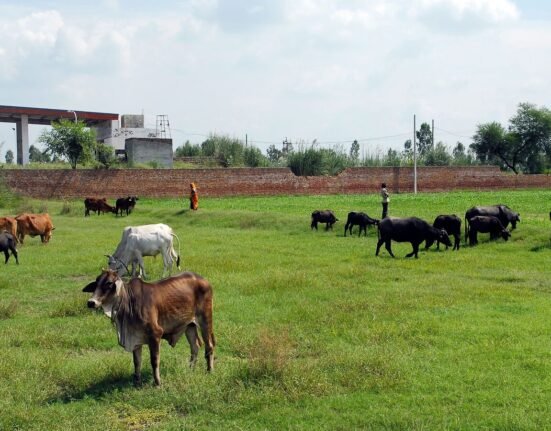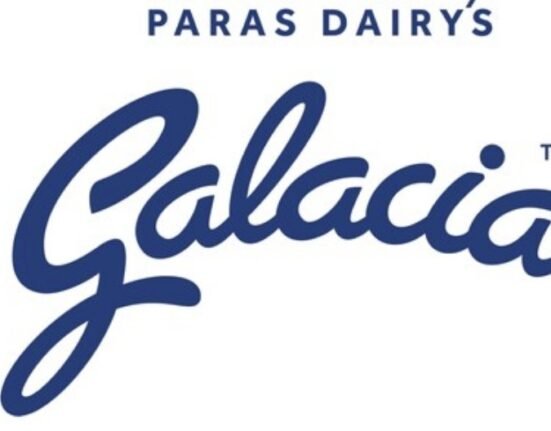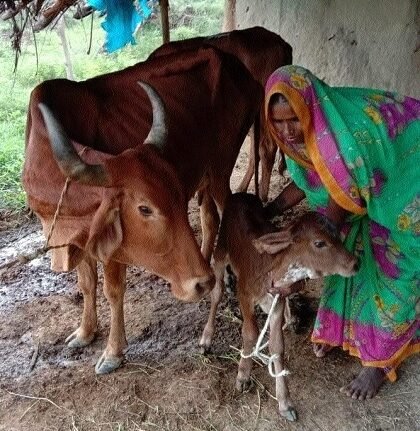A recent analysis by the State Bank of India (SBI) has raised red flags over the potential economic fallout of allowing large-scale dairy imports from the United States. The report estimates that such a policy shift could result in a staggering ₹1.03 lakh crore in annual losses for Indian dairy farmers, posing a significant threat to the livelihoods of millions and the sustainability of the Indian dairy sector. SBI’s findings highlight that the heavily subsidised U.S. dairy industry would likely trigger a 15% drop in domestic milk prices if allowed into India’s market. With over 80 million people directly employed in dairy, primarily in rural areas, the bank cautions that any abrupt policy changes could destabilise a vital segment of the agricultural economy.
“Even a marginal price correction of 15% in the milk sector can lead to massive ripple effects,” the report states. “Such a fall would erode the Gross Value Added (GVA) of dairy by ₹0.51 lakh crore annually, once input costs and unpaid family labor are factored in.”
The report also points out that India’s dairy sector contributes 2.5–3% to national GVA—equating to ₹7.5–9 lakh crore—and operates on a model where approximately one job is generated for every ₹1 lakh of GVA. Opening the floodgates to foreign dairy could result in the import of 25 million tonnes of milk annually, making local production economically unsustainable.
Trade-Offs in U.S. Negotiations
While highlighting the dangers to India’s dairy sector, SBI also acknowledged strategic trade opportunities that could emerge from improved Indo-U.S. relations. The bank suggests that India’s exports of high-value agricultural products—such as organic foods, spices, and fresh produce like mangoes and okra—could potentially grow from under USD 1 billion to over USD 3 billion if sanitary and phytosanitary (SPS) restrictions are lifted.
In addition, easing non-tariff barriers on Ayush products and generic pharmaceuticals could add USD 1–2 billion in export potential. Other benefits may include enhanced access to American cold chain technology, investment in precision dairy farming, and cheaper inputs like veterinary supplies and agricultural machinery.
Still, SBI urges a balanced approach, stressing that “strategic economic cooperation should not come at the expense of eight crore livelihoods tied to dairy.” The report suggests that any trade liberalisation in agriculture must be cautious, phased, and accompanied by robust support mechanisms for India’s dairy producers.







